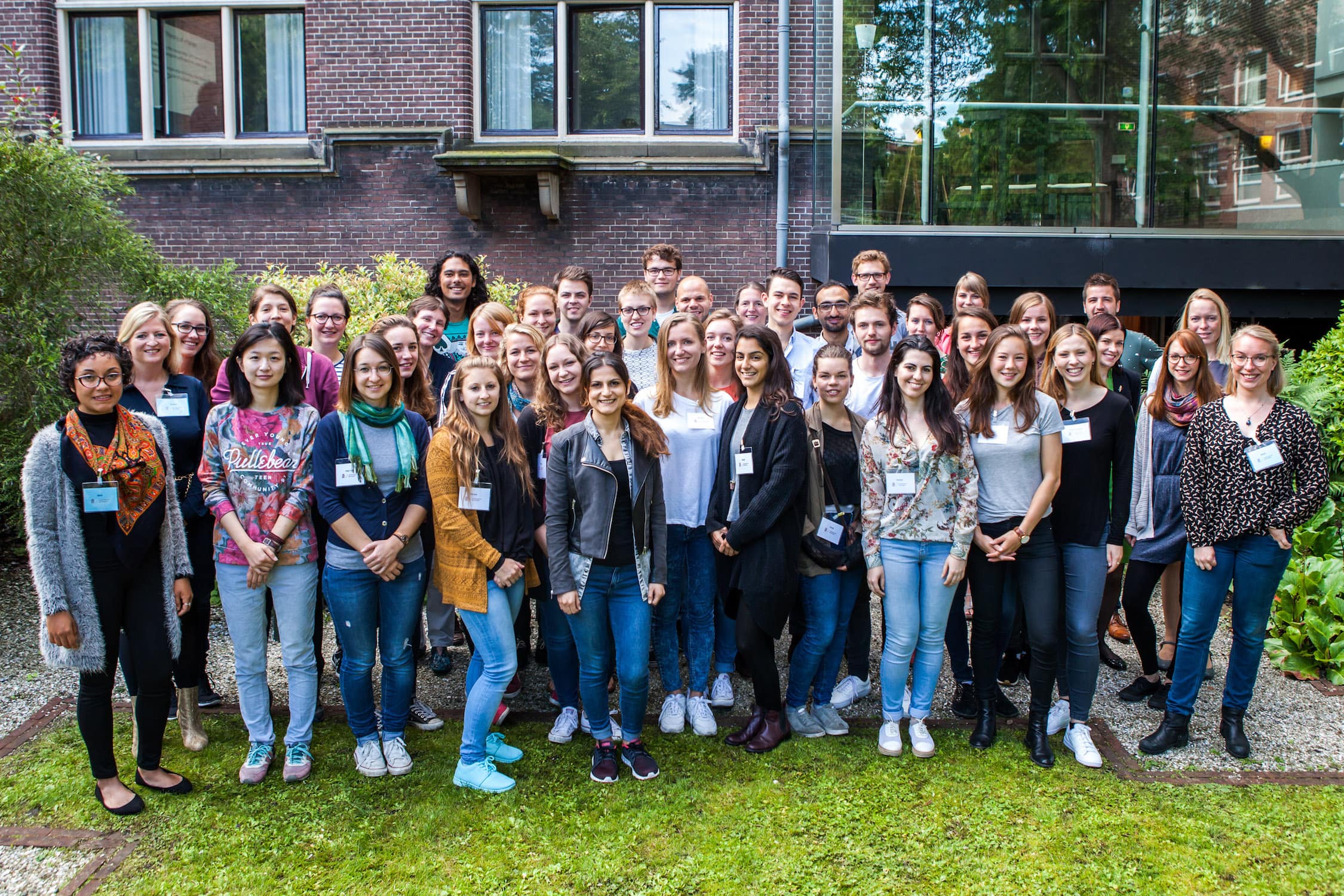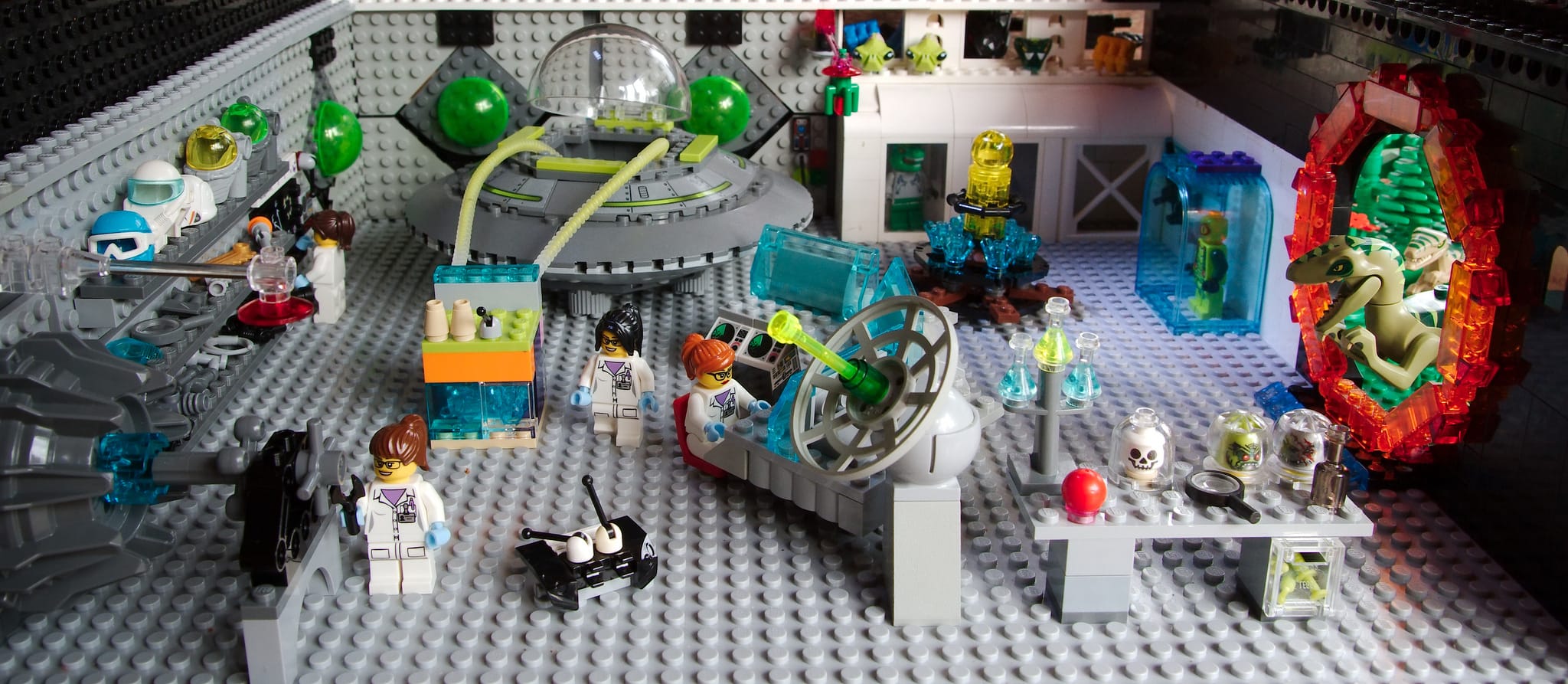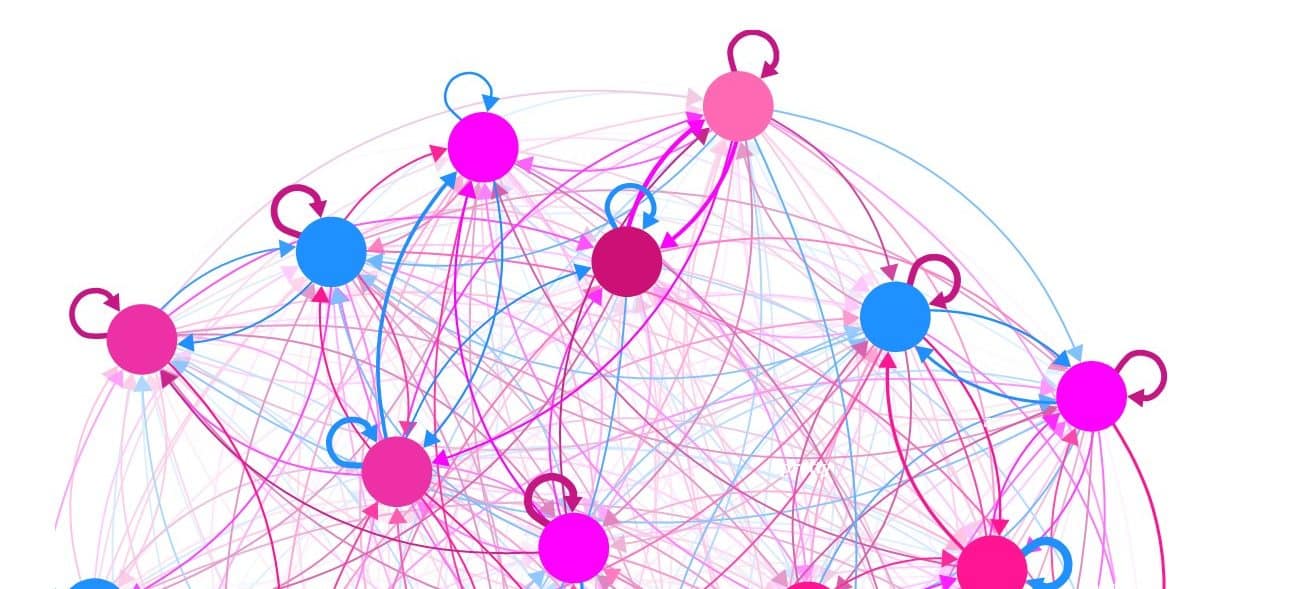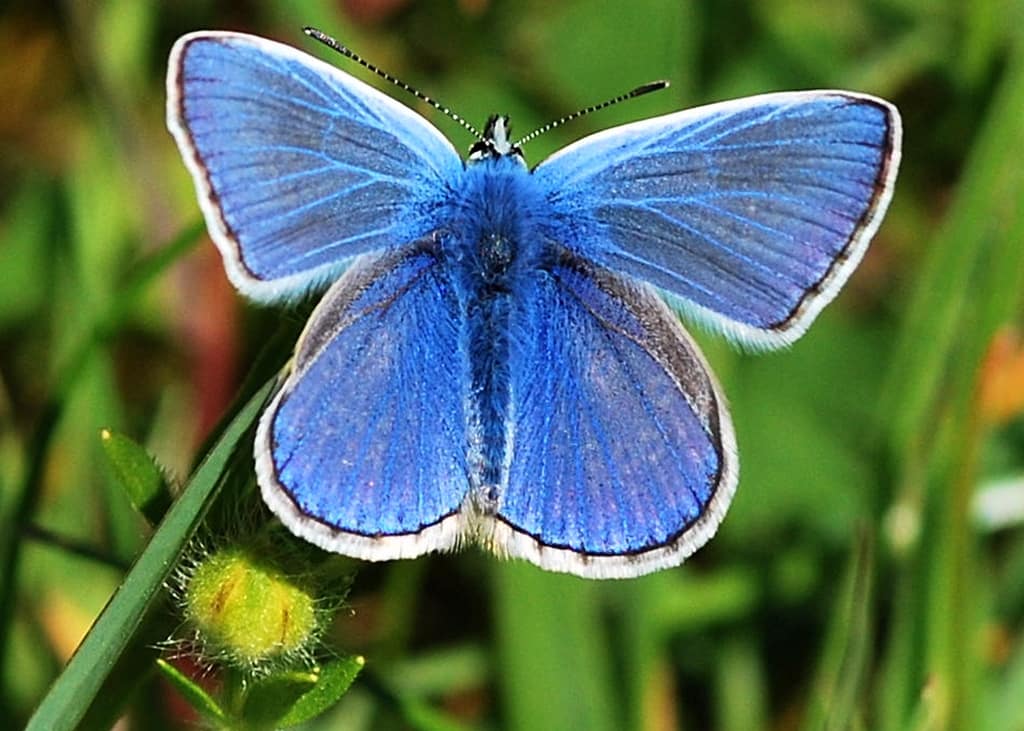Last summer, students, refugees, academics, and practitioners from different nations and disciplines came together to explore the complexity of migration, the problems around it, and alternatives to current practices in policy and society at the RUG. The summer school ‘Migration Matters’ resulted in three concrete student initiatives to improve the lives of refugees.
Many hope that Donald Trump will behave appropriately now that he is president –arguably the most powerful position on earth. Research, however, shows that power usually increases the correspondence between people’s internal beliefs, states and traits and their behavior. In Trump’s case this could potentially be unfortunate news.
We all know that we test theories by subjecting them to experimental test, allowing us to potentially falsify hypotheses. But where do theories come from? A realist philosophy of science, and the method of retroduction, allows us to use empirical evidence, even from “failed” experiments, to generate as well as test theory.
The importance of whether students believe in their ability to become smarter (i.e., “mindsets”) in helping students to realize their learning potential is increasingly gaining mainstream attention. But what does it mean to have a certain kind of mindset, how does it develop, and how can it be changed? I discuss a new way of thinking about the nature of mindsets that emphasizes the contextualized nature of mindsets, and that changes the way that we can answer these questions.
Network analysis enables researchers to visualize the relations between people, objects, and concepts. Here, Dr. Bringmann shows how the technique can be generalized to psychopathology: the complex constellation of symptoms that co-occur with Major Depression can be mapped, and the map itself can be analyzed. This then illustrates an emerging approach to understanding psychopathology.
About one year ago, I received a message from Mrs. M.’s neurosurgeon: “Stefanie, are you ready to attend a surgery this Saturday?” This truly extraordinary experience showed me once again the impact of executive dysfunctions and how they can abruptly turn one’s whole life upside-down.
One Monday in mid-to-late January is said to be the most depressing day of the year. For the past 12 years, a Welsh psychologist has been associated with this day. He has become known as the brain behind Blue Monday, allegedly developing the formula used to calculate the date. But what is the real story, and how has it developed over time?
Every quarter, we share articles published in the BCN Newsletter and we are happy today to share an interview with Dr. Simone Sprenger, Assistant Professor at the Faculty of Arts, who studies language perception and bilingualism. The interview was conducted and written by Améie la Roi, PhD candidate in linguistics.
Everyone uses p-values (in empirical psychological research anyway), but is that the best idea? In this blogpost, I will outline four problems that are associated with using p-values in inferential statistics.
The desire to understand the neuronal mechanisms underlying changes in food pleasantness is becoming increasingly relevant in order to maintain adequate dietary intake in young and older adults. Our research shows that emotion and cognitive mechanisms, in addition to sensation, should be taken into account to understand food pleasantness with age.










